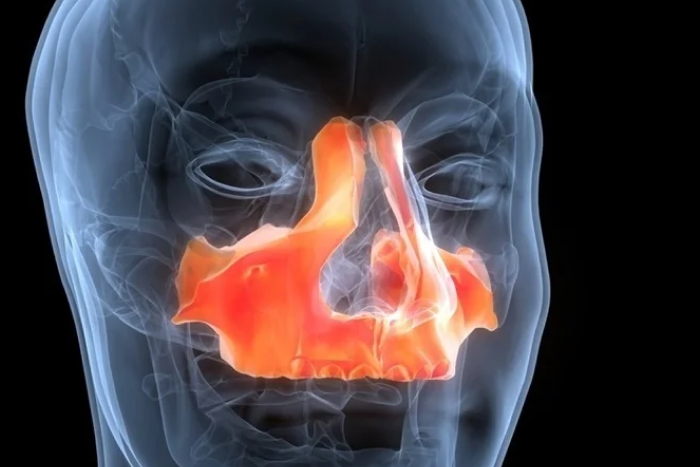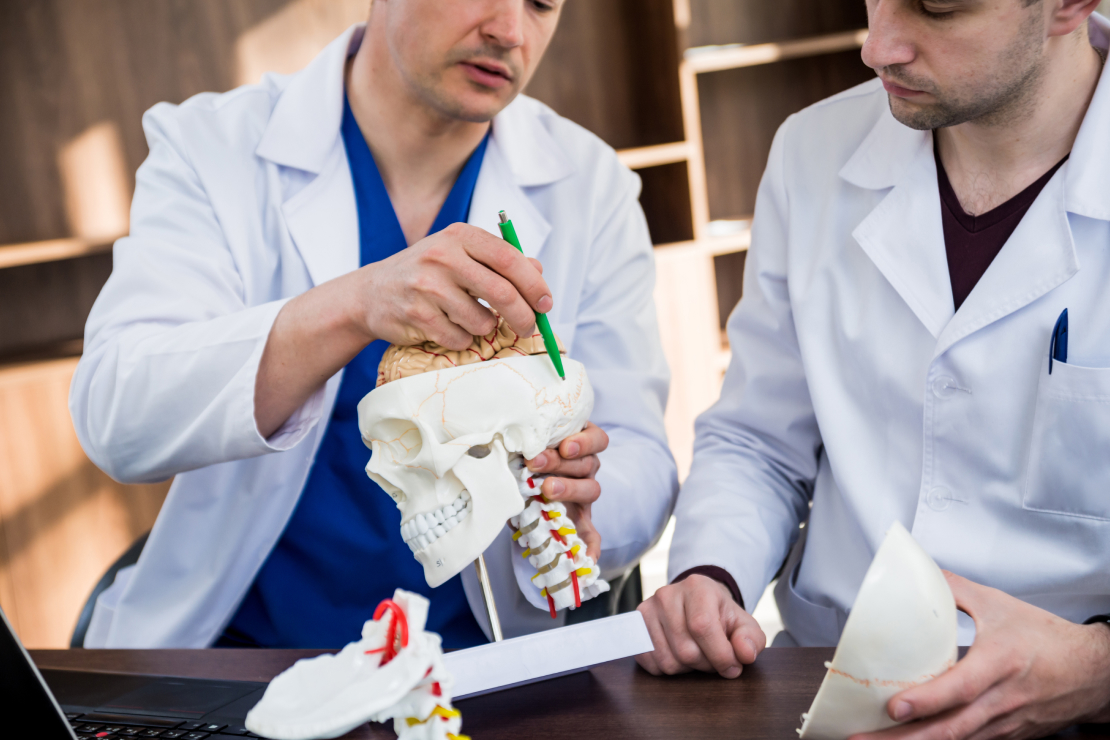
Sinus Tumours And Skull Base Tumours
The skull base is the area under the brain which is closely related with the nose and the ears. Many diseases can inIt is closely related to nose and brain above. Many nerves, blood vessels pass through openings in the skull base.
Symptoms
Skull base tumours may not produce symptoms until they grow large. Symptoms vary from person to person depending on where the tumor is and how fast it is growing.
- Facial pain or numbness
- Facial weakness or paralysis
- Hearing loss
- Headache
- Nose block,congestion
- Loss of sense of smell
- Nosebleeds
- Vision changes
- Lumps on the neck
Diagnosis
Biopsy

Treatment
Like all surgeries, skull base tumor surgery is most successful when it is done by a surgeon with a great deal of experience in the procedure.
With extensive experience in the skull base surgeries for cancers They perform hundreds of skull base tumor surgeries each year, using the most-advanced techniques. They possess the capability to determine which surgical technique is most suitable for a given patient. Occasionally the surgery is combined with the neurosurgeon when the tumours extends to the brain or cranial canial cavity.
The primary forms of skull base tumor surgery include:
Minimally invasive endoscopic surgery
The surgeon makes no incisions and utilizes an endoscope to biopsy or remove the skull base tumor. Using natural passageways like the nasal cavity or the orbit, these operations may:
- • Lessen damage to healthy tissue
- • Lessen time in hospital and recovery time
- • Reduce complications
Open surgery
To expose the bone near the base of the skull, incisions are made in the nose, mouth, or neck. The incision is generally barely visible and heals nicely. The afflicted bone and tumor are removed entirely, including margins. After the tumor is removed, the membrane that covers the brain and surrounding soft tissues is closed, sealing off the skull base. Plastic surgeons sometimes replace soft tissues and bone to improve function and appearance.
Radiotherapy
usually advised as an adjuvant treatment following surgery.
Chemotherapy
The usage of chemotherapy is based on the type and stage of the tumour. Not all cases will require or benefit from chemotherapy. It is usually used to shrink the tumour and then proceed with radical therapy. Chemotherapy drugs kill cancer cells, control their growth, or relieve disease-related symptoms.

Why to get treated with us for nose and skull base tumours?
Usually the patients with skull base and nose tumours have symptoms which presents like a simple cold which does not resolve on conservative treatment. Unfortunately these tumour presents late until they grow to a large size. So proper knowledge of these diseases will guide us to evaluate the disease comprehensively. Lack of suspicious of these can lead to poor outcome.
The treatment of these disease rely upon the histology(type of disease) and stage of the disease. And modality of treatment is usually combination which requires careful discussion with other specialities such as medical oncologist, radiation oncologist In a multidisciplinary tumour board meeting.
The surgery requires maximum skill to remove the tumour completely but without compromising on the function. The surgery is usually done as a joint team work along with a neurosurgeon, who can tackle the spread of tumour to the cranial cavity. The repair of the wound may also require a proper reconstructive strategy. Such a treatment will require advanced instruments to give the best possible results.